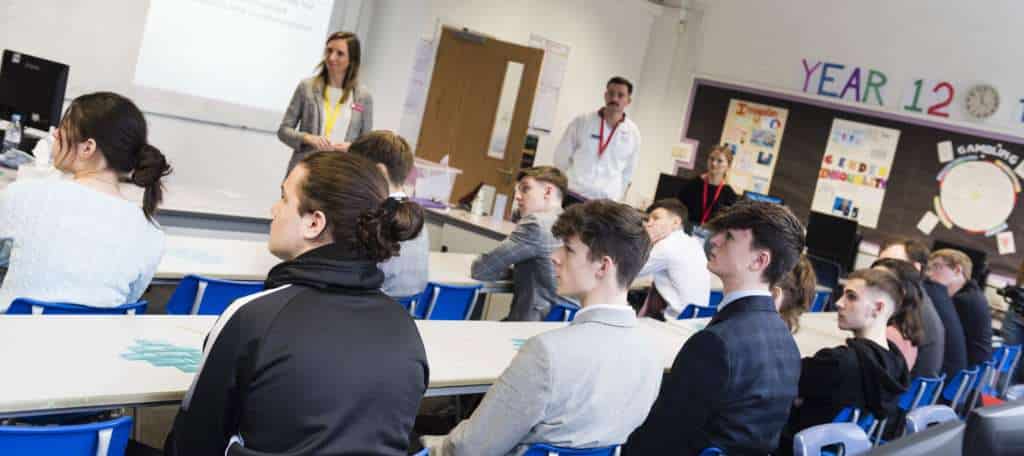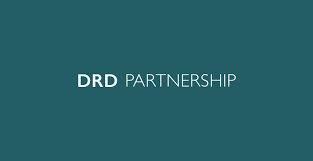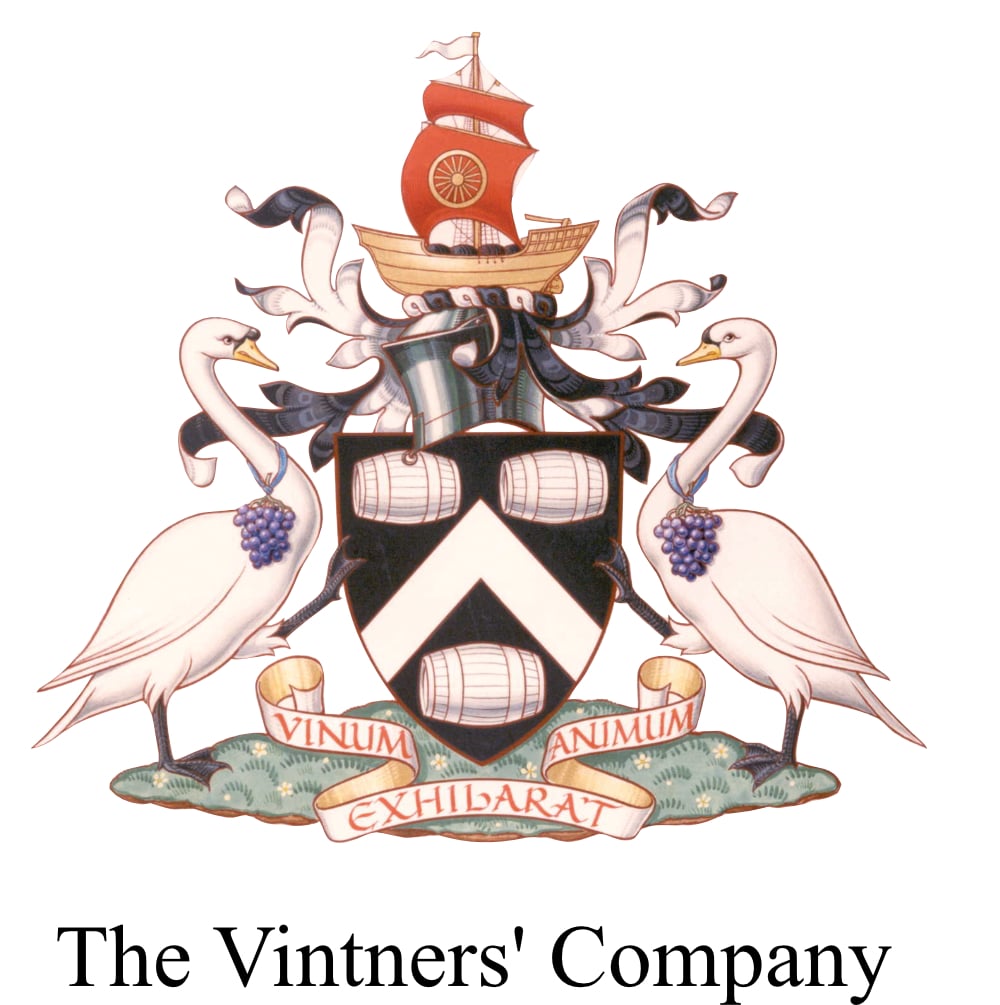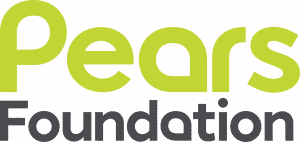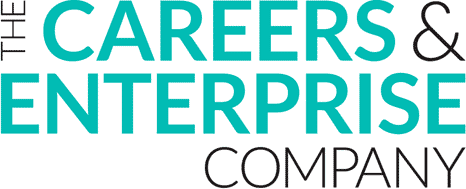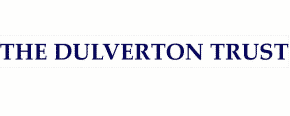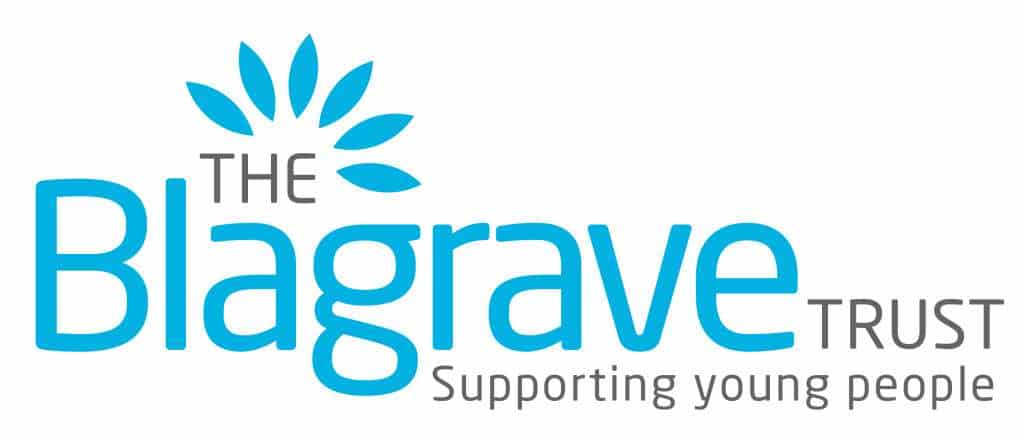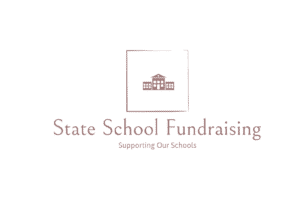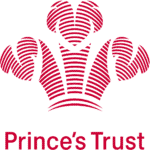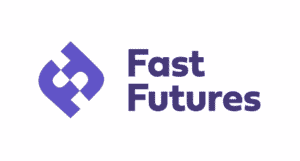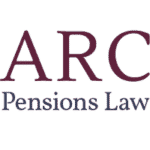‘Experience of workplaces’ is another area where Future First can support schools and colleges. Your alumni can offer bespoke work shadowing and placement opportunities based on your students interests, and alongside this we offer a wide range of work placement opportunities with our employer partners. For example, every year around 90 students have the opportunity to benefit from Insight Days with leading City law firm and Future First employer partner, Taylor Wessing. A number of them then go on to take part in a mentoring programme at the company over several weeks and find this experience incredibly rewarding.
Beyond this, we are developing a range of free virtual work experience packs to provide opportunities for even more students across the country. These packs have proved really popular and offer a 5-day programme of activities and videos – so far we have covered careers in the voluntary and health & social care sectors. Finally, our work with Uni Connect partnerships across England is invaluable in supporting ‘encounters with further and higher education’. Last year we delivered programmes in partnership with Uni Connect covering Cumbria, South Yorkshire, the South West, the West Midlands and East Anglia, supporting 65 schools to help around 6,000 students to understand what it would be like to study at university and the steps needed to get there. We’ve found that hearing first-hand about the experiences of alumni helps break down the myths and stereotypes that often unnerve students about further and higher education.
Beyond the Gatsby benchmarks, Future First is able to provide crucial support in line with the Career Development Institute’s new framework and individual school improvement plans (SIPs). We know that closing the achievement gap features regularly on SIPs for many schools and colleges and bridging the divide between more privileged and disadvantaged pupils has always been key to Future First’s mission.
Many of our programmes over the years have focused on some of the most at-risk young people. For example, our three-year programme with Rothchild & Co. specifically targeted young people at risk of becoming NEET (Not in Education, Employment or Training). The evidence is that the coronavirus pandemic has widened the gap between the more privileged and disadvantaged students, making our work more important than ever.
Building the resilience of students in the face of the fallout from the pandemic also features in many SIPs, a key priority when research has shown young people’s confidence for the future has been severely affected by the turmoil of the past year. For schools determined to close the achievement gap and build resilience among their pupils as part of their improvement plans, the confidence and resilience a thriving alumni network can provide could prove crucial. With creating aspiration and ambition, aiding in ‘transition’ phases, broadening the range of opportunities to promote personal development and work experience also featuring regularly on SIPs, there are compelling reasons for more schools and colleges to join Future First to develop their alumni network.
Of course, we know it is important for schools and colleges to evidence the impact of their progress and measurements are built into our programmes to provide this. Our Future First Pro membership programme has an evaluation framework embedded within it. Baseline and endline surveys with participating students at the beginning and end of the year will be used to show what has been achieved, and as one student from Neale Wade Academy put it: “When I think about my future now it’s different, I’ve got a lot more choice about what I’m going to do when I’m older, much more than I first thought. The alumni showed me that.”
View related content
Future First Pro
Our purpose
Our stories: school, student and alumni case studies

